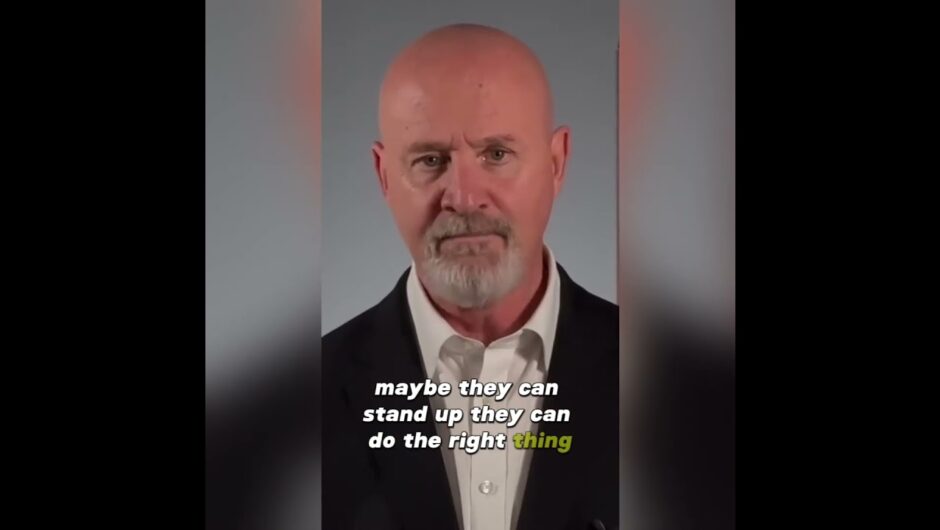Sexual assault is the only crime in Australia that has not decreased. Alcohol is involved in more than half the number of sexual assaults reported to police and, according to Don Weatherburn, legendary former director of the NSW Bureau of Crime Statistics and Research and now at the University of NSW, only one in four victims of sexual assault ever reports. Former ministerial staffer Brittany Higgins is the most recent public example of a woman who could not bring herself to report the assault.
Bianca Fileborn, a lecturer in criminology from the University of Melbourne, says some research shows the rate of non-reporting can be as high as 85 per cent. Those women may have a fear of job loss but there are so many other reasons not to go to police. Fear. Shame. Exhaustion. Or an urgent desire for lives not to be consumed by the assault, even though for many many women, the damage exists past physical recovery.
Now women must seize the day. By all means, get plastered with your women friends. But when going out with men, be razor-alert. Just as you would not knowingly take the date rape drug rohypnol, don’t drink in the company of men or, at least, don’t get roaring drunk. Some men have weaponised alcohol against women. They don’t have a sign on their head that says rapist. Some of the rapists look perfectly normal.
Since Brittany Higgins accused a colleague of rape, two more women have come forward with accusations about the same man using a similar modus operandi.Credit:The Project
The man Higgins has said sexually assaulted her, allegedly followed the same modus operandi on two other occasions, rape a woman too drunk to consent. These are just the ones we know about. Bianca Fileborn reminds me women already act protectively, they check in on each other, they support each other. She urges me not to put the responsibility on women and in my heart I know she is right. Again she reminds me alcohol is just one weapon in the arsenal. And, I stress, any woman raped while intoxicated is not to blame for the actions of her rapist.
But I have lost faith in the speed of change, lost faith in systems, and heard too many stories from other women that are too shocking. Like the three amigos, staffers who worked in a high-profile ministerial office. Back in the day, these men, as the story goes, would use alcohol as a way of smoothing the path to having sex with women who were near-strangers. They awarded themselves points for having sex with staffers, more for an opposition staffer. At least one of these men had to abandon political ambitions because who knows when the Sword of Damocles would drop.
Weatherburn, now a professor with the National Drug and Alcohol Research Centre and author of The Vanishing Criminal, has never belonged to the school that says it is only up to men to change. The longer-term challenge is to change male attitudes. “But all of us have to take steps to protect ourselves against physical violence. The reality is we live in a world which is, at times, extremely dangerous and we have to take preventative steps.”
Loading
We must arrest and prosecute offenders but, as he points out, we have never managed to prosecute any offence out of existence.
Perhaps it is hyperbolic to suggest women should not drink in the company of men. (Though maybe the absence of interesting company at the bar might compel the non-rapists to put pressure on the perpetrators.) Phillip Wadds, a criminologist at the University of NSW, says his newest research reveals one action we could take. Police the appallingly low standards of the responsible service of alcohol (RSA) which often produce situations of harm. “There should be a general ethic of care, but RSA is one safety net,” he reminds me.
But, he reiterates: “It should not take away from this message that fundamentally men’s behaviour must change and men must lead the way.”
Jenna Price is a visiting fellow at the Australian National University.
Jenna Price is a visiting fellow at the Australian National University and a regular columnist for The Sydney Morning Herald.
Most Viewed in Politics
Loading







